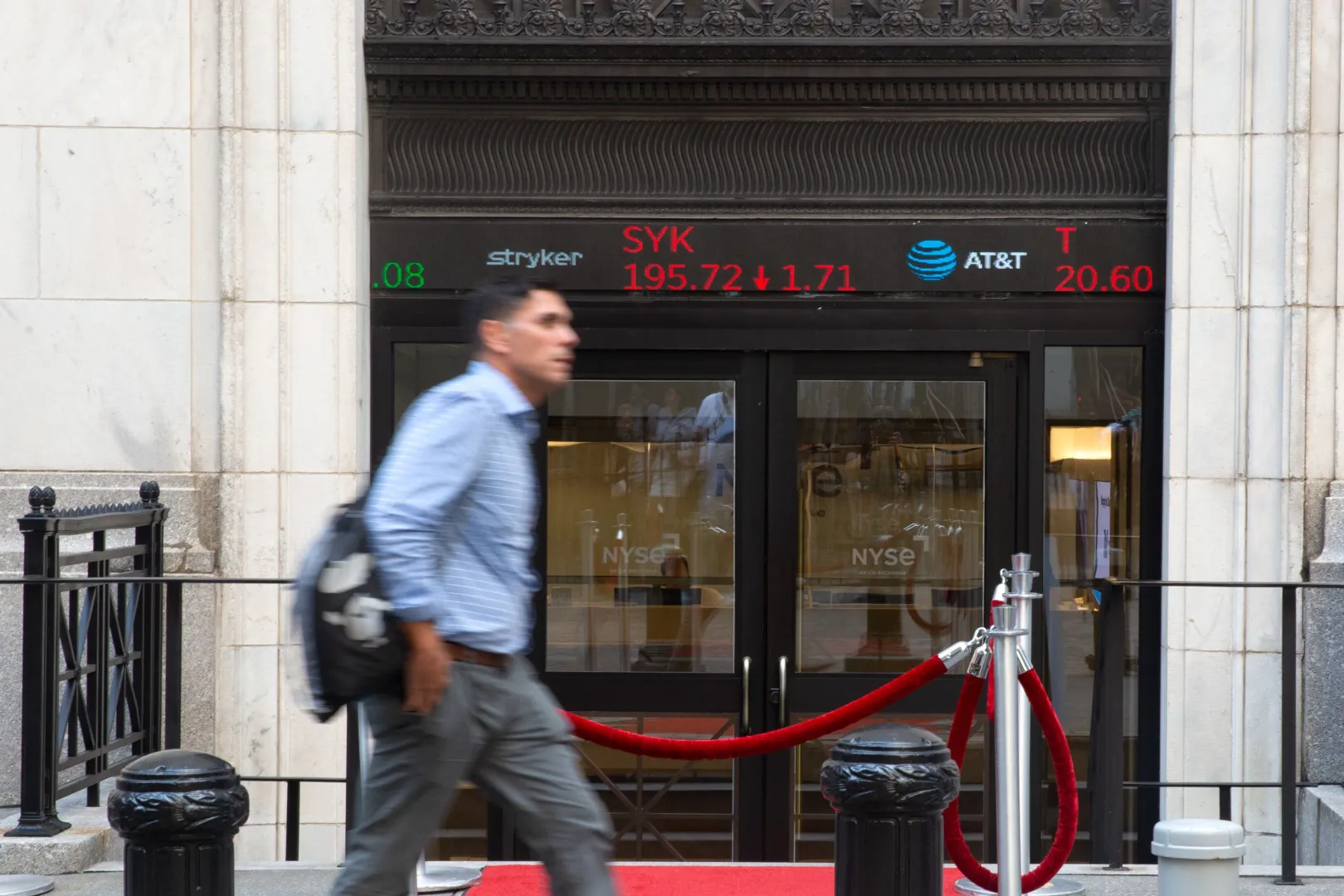Tax collections plunge in wake of stock market downswing
City comptroller reports estimated income tax payments are down by nearly one-third, driven by sharp drops in Wall Street capital gains.

 This article was originally published on by THE CITY.
This article was originally published on by THE CITY.
In the first sign of fallout in New York from the stock market decline, collections from a key component of the income tax fell by one-third in June from June 2021, raising doubts about the revenue estimates anchoring the city and state budgets.
Estimated payments to the city, which are closely tied to capital gains realized when individuals sell stock, bonds and other assets, dropped 31% in June to $353.9 million over the same month a year earlier, according to the monthly economic report by city comptroller Brad Lander. It was the lowest total for the month since 2017. (The comptroller excluded 2020, when adjustments to tax deadlines made month-to-month comparisons unreliable.)

Brooklyn Boro
View MoreNew York City’s most populous borough, Brooklyn, is home to nearly 2.6 million residents. If Brooklyn were an independent city it would be the fourth largest city in the United States. While Brooklyn has become the epitome of ‘cool and hip’ in recent years, for those that were born here, raised families here and improved communities over the years, Brooklyn has never been ‘uncool’.